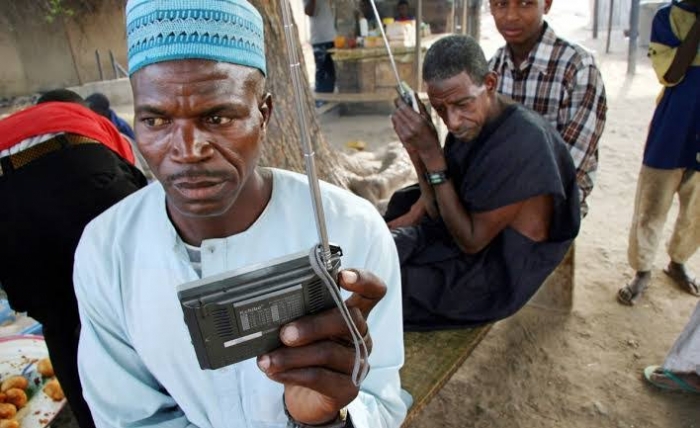Amid a global decline in trust in news media, Nigerians stand out as the most trusting audience in the world, according to the latest Digital News Report by the Reuters Institute for the Study of Journalism.
The 2025 edition of the report reveals that 68 per cent of Nigerians trust the news they consume—the highest level globally—surpassing Finland, long known for its strong media credibility, where 67 per cent of people say they trust the media. In stark contrast, only 22 per cent of people in Hungary and Greece said the same.
The study notes that trust in the media has steadily increased in Nigeria since 2021, despite ongoing threats to press freedom. The report links this rise in trust to Nigerians’ growing reliance on multiple sources for verifying news, their high interest in current affairs, and some modest improvements in the country’s press freedom scores.
However, the same report draws a sobering picture of the global media landscape: overall trust in the news has stagnated at 40 per cent, while media avoidance is rising, with four in ten people worldwide saying they sometimes or often avoid the news, up sharply from 29 per cent in 2017. Reasons for this avoidance include negative emotional impact (39 per cent), feeling overwhelmed (31 per cent), excessive conflict coverage (30 per cent), and a sense of helplessness (20 per cent).
The situation is even more complex among younger audiences, many of whom find news “too hard to understand.” The spread of AI-generated content is also adding to public skepticism, with increasing concern over information overload and authenticity.
In Nigeria, where press freedom remains under serious threat, journalists continue to operate in a hostile environment. During the 2024 #EndBadGovernance protests, the Committee to Protect Journalists (CPJ) documented at least 56 assaults or detentions of journalists by security forces. Groups such as the Nigerian Guild of Editors (NGE) and the Socio-Economic Rights and Accountability Project (SERAP) have since called for international intervention to protect press freedom.
Interestingly, the report found that high levels of trust in news often coexist with low levels of press freedom, suggesting a complex relationship between media credibility and political context.
When it comes to news consumption habits, 94 per cent of Nigerians rely on online platforms, with 79 per cent getting their news primarily from social media, 65 per cent from television, and only 34 per cent from print publications.
Yet, while online platforms dominate, they also contribute to the spread of misinformation. Globally, influencers and politicians were identified as the most frequent sources of misleading content, a concern echoed by 58 per cent of Nigerians and 59 per cent of Kenyans, who worry that these figures struggle to differentiate truth from falsehood online.
The report concludes by warning that low trust levels and high misinformation risks threaten the foundation of democratic societies. It urges news publishers to embrace radical transparency, and to rebuild credibility through accuracy, impartiality, and original reporting—even as these ideals face growing skepticism in polarised environments.
The Digital News Report 2025 is based on an online survey of nearly 100,000 people across 48 countries, offering one of the most comprehensive snapshots of global media attitudes, habits, and challenges.
